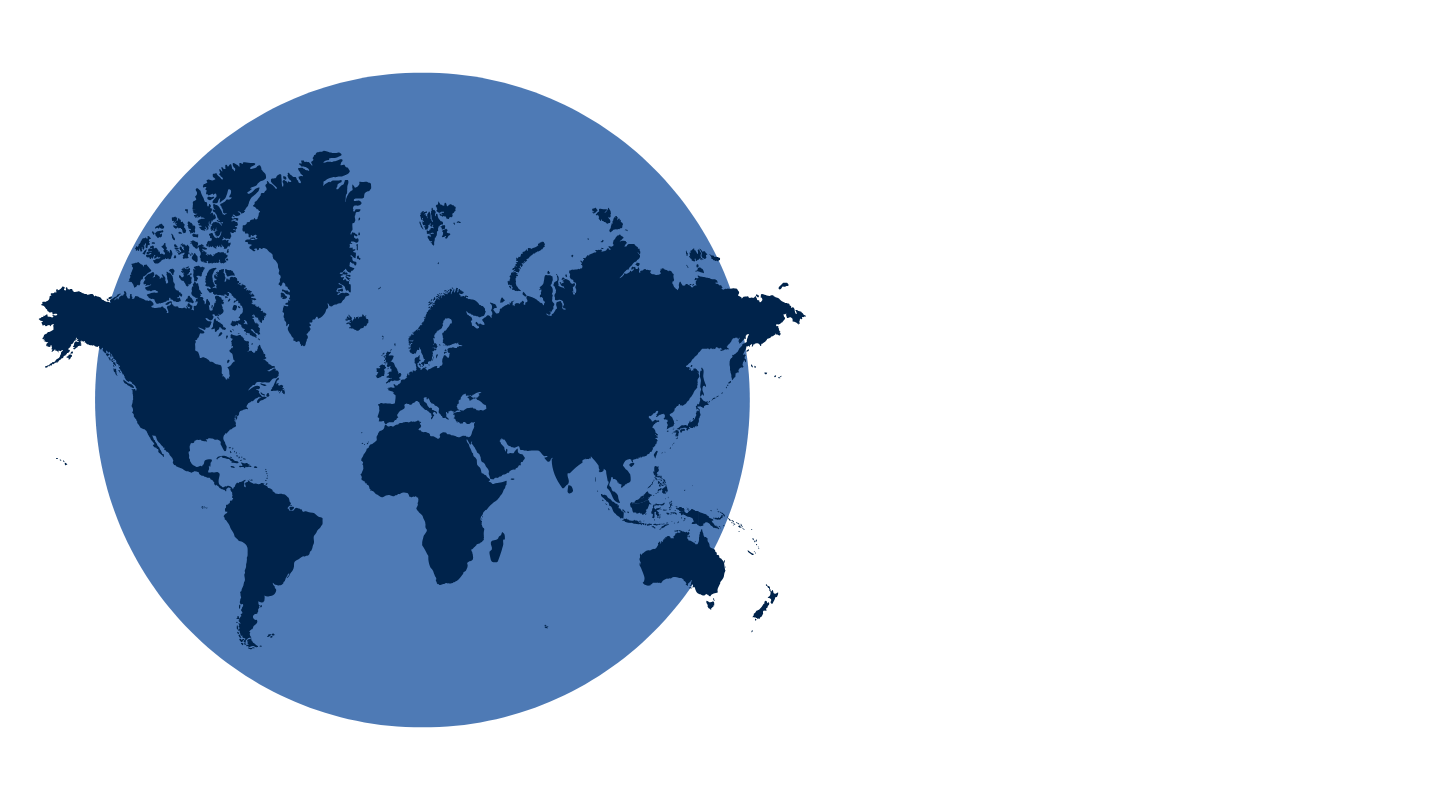Programs
Our
We proudly structure our programs around five key pillars that drive our mission to enhance humanitarian response, support local resilience, and improve disaster preparedness.
Our initiatives prioritise local ownership, sustainability, and protection-focused humanitarian action, ensuring that communities affected by crises receive targeted and meaningful support.
-
Developing frontline responders and local leaders through structured courses.
Providing technical training in disaster intelligence, logistics, and humanitarian protection.
Offering pathways from training to deployment via our Humanitarian Operations Roster.
-
Delivering WASH interventions and essential relief supplies.
Strengthening local supply chains and enhancing logistical preparedness for crisis response.
Partnering with community-based organisations to ensure culturally appropriate aid distribution.
-
Supporting anticipatory action and early warning systems for disaster risk reduction.
Providing data security, humanitarian intelligence, and crisis analytics tools to local responders.
Building low-cost and mobile-friendly platforms for remote humanitarian coordination.
-
Advocating for International Humanitarian Law (IHL) accountability.
Supporting investigations into humanitarian access and protection challenges.
Embedding safeguarding and inclusion measures across all programs.
-
Expanding training services, ethical consulting, and donor partnerships to sustain operations.
Strengthening long-term partnerships with governments, civil society, and academic institutions.
Reinvesting program-generated revenue into scholarships and community initiatives.

Our Focus Regions
Pacific Islands collaborating with the Facility Aiding Localised Engagement (FALE) program of PIANGO
Myanmar with a diverse range of local NGOs and Community-Based Organisations (CBOs) working in border jurisdictions
2025 has been a busy year for the HADR Institute and we have so much planned to support our focus regions. Here’s a quick snapshot of some of our key recent initiatives:
Disbursed our first direct grant to a Karenni community of internally displaced people in Mese, Myanmar
Responded to Karenni community requests of clean drinking water containers and soap for washing. We were able to provide this access to 100 families, schools and medical centres in Karenni displaced person (IDP) camps
Provided logistics support via Airlink and risk analysis tools with last mile partners. This aid is supporting clean water and food delivery for thousands in remote areas
Prioritised action ahead of the monsoon season to protect vulnerable communities in hard-to-reach areas
HADR Institute was the first Airlink consortium partner, of over 90 response organisations, to establish a ground liaison officer during the 2025 Myanmar Earthquake. This supported many organisations with their response programs
Published a Humanitarian Access Assessment for Karen state and an ‘under-served community’ needs assessment for the 2025 Earthquake
Research and investigations to support humanitarian protection, access, and accountability to International Humanitarian Law (IHL) in Myanmar
Authored humanitarian publications with two United Nations services, Reliefweb and the Myanmar Information Management Unit (MIMU)
Myanmar
We are proud to announce the launch of our Humanitarian Hub Enablement Program (HHEP) - a community-driven initiative to improve coordination between diaspora groups and local civil society organisations responding to Myanmar’s deepening crisis.
At the heart of the Humanitarian Hub Enablement Program is a commitment to locally led, principled response - where community knowledge, cross-border coordination, and frontline leadership drive effective humanitarian action.
HHEP will establish a network of community-led hubs in the region, allowing:
Faster and safer coordination of aid across borders
Technological and information solutions to enhance ‘humanitarian protection’, helping to mitigate threats such as airstrikes and bombings of civilian areas
Provide a ‘humanitarian bridge’ and resources to enable front line Civil Society Organisations (CSOs) capacity to deliver more effective aid.
Real-time risk and needs assessments
Stronger partnerships between diaspora actors and frontline CSOs
Access to training, analysis, and resources to localize response
We operate with partners in Karen, Karenni, Shan, and Chin States, where conflict, displacement, and limited access to essential services pose ongoing humanitarian challenges. Our work focuses on:
WASH (Water, Sanitation, and Hygiene): Supplying clean water systems and sanitation facilities.
Protection & Human Rights: Supporting local NGOs in documenting violations and improving community safety.
Humanitarian Logistics: Coordinating aid distribution and ensuring access to crisis-affected populations.
Pacific Islands and Papua New Guinea
We are co-designing programs with PIANGO, FALE network partners, and local actors in Papua New Guinea to strengthen disaster preparedness and anticipatory action across:
Tonga, Samoa, Solomon Islands, Fiji, Vanuatu, Micronesia, Kiribati, and Papua New Guinea through coordination with FALE/PIANGO
Localised Early Warning & Disaster Response: Helping communities build resilience through forecasting and early action initiatives. This is an initiative being co-designed with PIANGO.
Capacity Strengthening & Training: Equipping community leaders and NGOs with disaster risk reduction skills.
Technical & Information Solutions: Implementing digital platforms for humanitarian coordination and data management.






